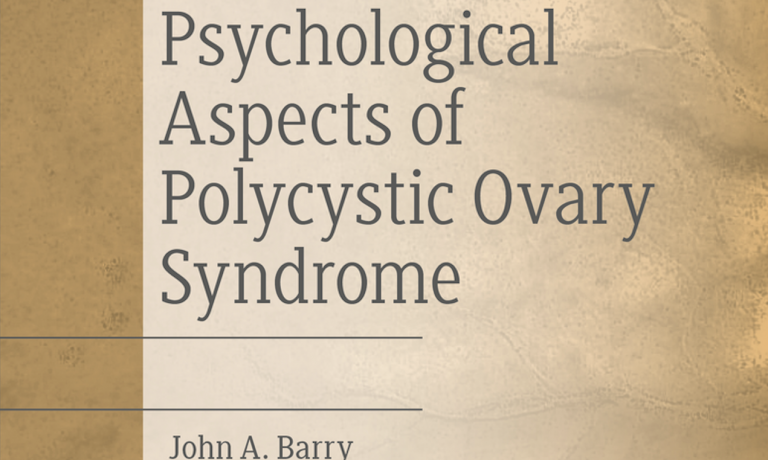Dr John Barry explores psychological aspects of Polycystic Ovary Syndrome (PCOS) in new book
28 November 2019
In ‘Psychological Aspects of Polycystic Ovary Syndrome,’ psychologist Dr John Barry examines the past two decades of research in the fields of psychology, gynaecology and endocrinology health as they relate to PCOS.

Taking an evidence-based approach, Dr Barry (UCL’s Division of Psychology and Language Sciences), explores the ways in which PCOS causes anxiety and depression, impacts quality of life, and is associated with other psychological phenomena.
“Polycystic ovary syndrome impacts at least 10 per cent of women. One of key features is elevated testosterone, and this is related to the other problems often seen in PCOS such as fertility problems, obesity, skin problems, and type 2 diabetes.
“Although the medical impact of PCOS is relatively widely known, the field of psychology has been very slow to recognise the psychological significance of PCOS,” said Dr Barry.
An important feature of this book is its fresh insight into the ways in which testosterone, a defining characteristic of PCOS, impacts psychology. The textbook maps out the complex ways in which biology impacts psychology in PCOS, and new evidence of how psychology can be harnessed to impact biology in a positive way.
The psychological impact of fertility problems is also explored, and the relationship between insulin resistance and eating disorders. Of particular interest to psychologists and other health professionals, the book summarises the evidence base for treating mental health issues in PCOS.
Even for people who are familiar with PCOS through work or personal experience, this textbook – spanning psychology, endocrinology, and gynaecology – aims to introduce new perspectives on this usually overlooked topic.
 Close
Close

